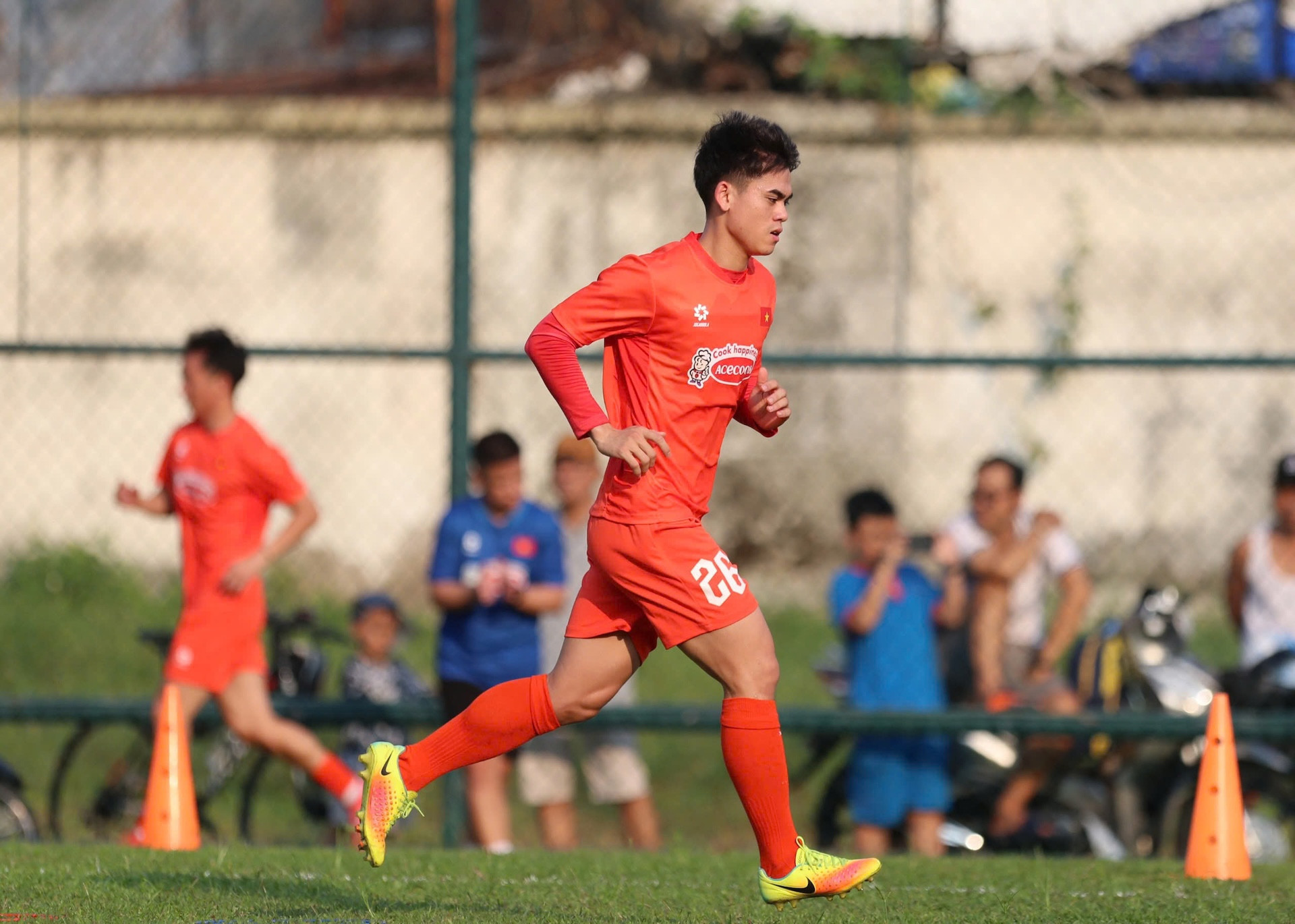However, behind this seemingly “safe and secure” decision lies a significant question about the direction of development. Bringing key senior national team players back to compete in a youth tournament goes against the prevailing practices in more advanced football nations like Japan, South Korea, or those in Europe.
In such countries, once players are promoted to the national team, they rarely return to youth competitions. U23 or U21 tournaments are reserved for upcoming generations, giving emerging talents the chance to gain experience, showcase their skills, and grow through international exposure. This method fosters squad depth and ensures a continuous, sustainable generational transition.
Coach Kim Sang Sik’s “reversed logic” might bring confidence and perhaps even a championship. But it raises concerns about unintentionally closing the door to many age-eligible U23 players eager to step up.
This group now loses a rare chance to prove themselves and grow through competition. Vietnam U23 may indeed win, but it could come at the cost of stalling the development of a new wave of young talents waiting for their chance to shine.
With such a dominant squad, winning the AFF U23 Championship seems like a foregone conclusion. Yet, the bigger question remains unanswered: how will Vietnamese football build a future-proof system that ensures consistent talent development for the national team?
Duy Nguyen
